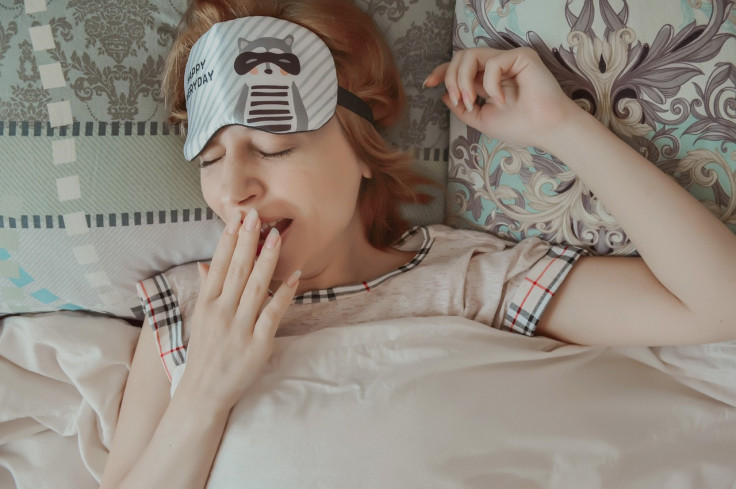Sleeping Less Than 5 Hours Daily Raises Depression Risk: Study

Poor sleep and depression are often said to be linked. However, the question of which precedes the other has puzzled the researchers, much like the classic "chicken or egg" dilemma.
Sleeping less than five hours daily raises the risk of developing depression by 2.5 times, while the chance of developing poor sleep out of depression is only one-third, a recent study has revealed.
"We have this chicken or egg scenario between suboptimal sleep duration and depression, they frequently cooccur, but which comes first is largely unresolved. Using genetic susceptibility to disease we determined that sleep likely precedes depressive symptoms, rather than the inverse," lead author Odessa S. Hamilton from UCL Institute of Epidemiology & Health Care said in a news release.
Poor sleep has been often considered a consequence of mental health issues. However, the latest study published in the journal Translational Psychiatry suggests a connection between consistent short sleep and the onset of depressive symptoms.
According to the study, individuals with a stronger genetic predisposition to sleeping less than five hours daily had a higher risk of developing depressive symptoms over a period of 4-12 years. Meanwhile, those with a greater genetic inclination to develop depression did not have an elevated risk of experiencing short sleep.
"The researchers also found a link between sleeping long and developing depressive symptoms, with participants sleeping longer than nine hours being 1.5 times more likely to develop depressive symptoms than those who sleep an average of seven hours. However, depressive symptoms were not associated with sleeping longer four to 12 years later, which corresponded to the genetic findings," the release said.
The findings were made after analyzing health data from 7,146 people who participated in the English Longitudinal Study of Ageing (ELSA), a nationally representative population study in England. Researchers collected data from two surveys conducted two years apart, as both sleep duration and depression fluctuate over time.
On average, the participants slept for seven hours a night. At the start of the study, over 10% slept for less than five hours, which increased to 15% by the end of the study. During this period, the proportion of participants having depressive symptoms increased from 8.75 to 11.47%.
Earlier studies show that depression is 35% heritable while the chance of inheritance is 40% for sleep duration.
"Short and long sleep durations, along with depression, are major contributors to public health burden that are highly heritable. Polygenic scores, indices of an individual's genetic propensity for a trait, are thought to be key in beginning to understand the nature of sleep duration and depressive symptoms," Dr. Olesya Ajnakina, a senior author said.



























